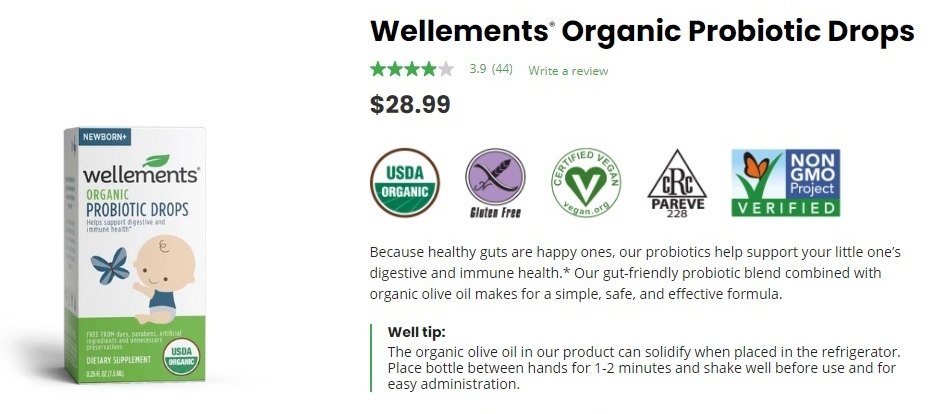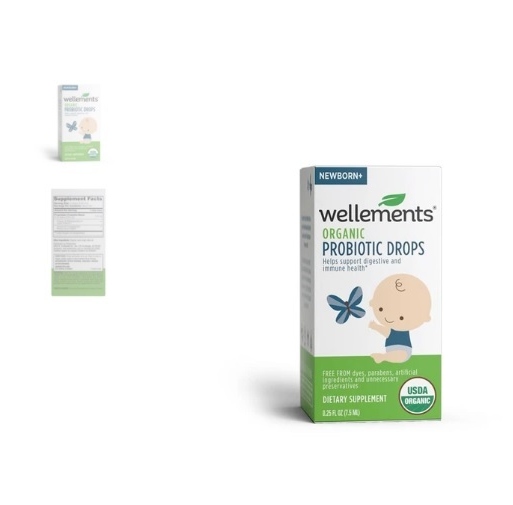Though “probiotics” has become more of a buzzword in recent years and you might have heard of products like Wellements probiotic drops, you might still have questions about what exactly the difference between pre and probiotics is, as well as whether or not you should be giving them to your children. In short, probiotics are essentially good bacteria that can promote gut health, and prebiotics help feed the growth of those good bacteria. Even if it seems like a complicated topic, this simple guide can help make it easy to understand the benefits of pre- and probiotics as well as how you can help your children reap those benefits.
Probiotics Can Be Helpful for Several Common Conditions in Kids

One of the main benefits to consuming probiotics is how helpful they can be for balancing gut health and promoting overall better well being. There’s a reason they’ve often been nicknamed “friendly” bacteria! For example, better gut health has sometimes been linked to improved mood, as well as more balanced emotional and mental health over time. Probiotics can also help promote diverse gut flora, which some studies have suggested may help maintain a normal weight. Beyond just settling a stomach, probiotics have actually been suggested to help soothe several common conditions, including:
- IBS, or irritable bowel syndrome
- General digestive difficulties
- Other bowel problems, like inflammatory disease
- Constipation or diarrhea
Supplementation Could Make Things Simple
The simplest way, perhaps, to incorporate probiotics into your child’s diet is to add in supplements, such as Wellements probiotic gripe water. Consult with your doctor to figure out which strains might be best for your child’s unique microbiome. Additionally, remember that breastfeeding provides probiotics, and many formulas are enriched with them, so if you have a young infant, they may already be getting what they need.

Try Incorporating a Range of Probiotic-Rich Foods Into Your Kid’s Diet
If your child is resistant to supplements or if you have a budding foodie, simply offering a wide array of probiotic-rich foods could do the trick. Probiotics are frequently found in fermented foods, which can encompass sauerkraut, yogurt, tempeh, pickles, miso soup, kombucha and more. Since some of these foods are a bit outside the box when it comes to many children’s palate, you may want to experiment with different ones until you find an option your child genuinely likes. For prebiotics, make sure your child is getting plenty of fresh foods and unprocessed options, especially ones that are high in fiber.
Giving your children probiotics may have crossed your mind, but if you never understood what pre- and probiotics are and what health benefits they can offer, you may have hesitated. While it’s important to always consult with your child’s pediatrician before beginning any new diet or supplementation regime, making sure your little one has enough probiotics in his or her diet can help improve gut health and even aid in a number of other health conditions. As you consider whether probiotics are right for your child, you can refer back to this simple guide for advice.




















